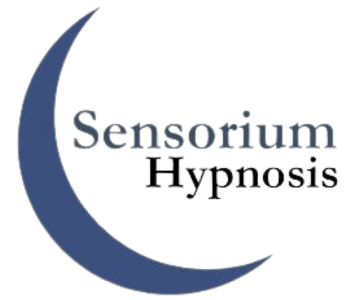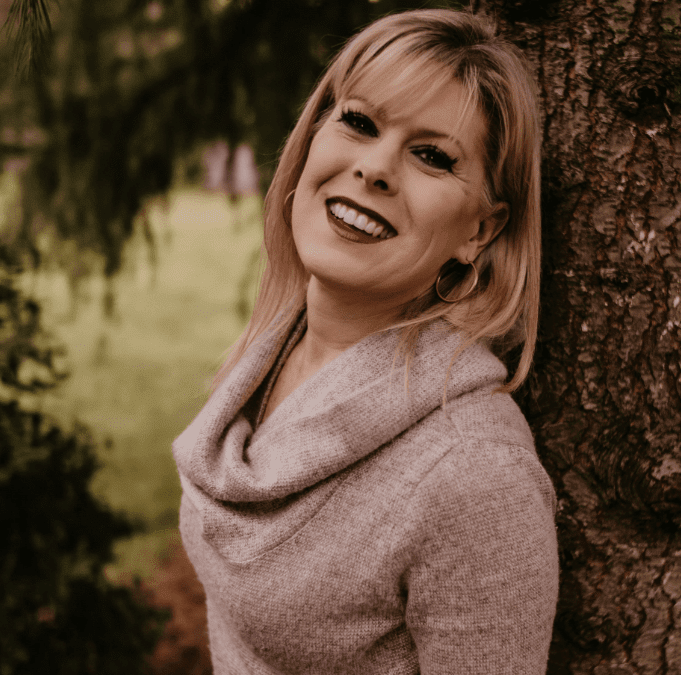Let me guess. You are the doer; the grand organizer; the fixer; the person who makes things better, lighter, easier for others while you drain your energy, resources, finances and sometimes even your sanity trying to please or placate others.
This is a slippery slope because the more you do, the more they expect and strangely, the more you expect of yourself. You’ve established a pattern, a precedent that’s hard to reverse. Birthdays, weddings, baby showers, baby sitting, reunions, family vacations, dog sitter for neighbors and friends. You’ve made yourself indispensable and the pressure to outdo yourself is mounting.
On the flip side, you may feel like your village is dying. Where is everyone when you need assistance, comfort, company, a mood-boost or a shoulder? Shouldn’t they know you’re human? What about your needs? Don’t they care? You are a seasoned “mind reader” and can anticipate their every need so why can’t they anticipate yours? “I shouldn’t need to ask for help, should I?” “I’m being ridiculous, aren’t I?” “Everyone’s so busy. I can’t put this on them.”
Most people pleaser/over-achievers pride themselves on their rugged independence and philosophy, “It’s just easier if I do it myself” or “If I don’t do this, nobody will.” How ironic though because it’s this very mindset that eventually bites us in the rear. And sooner or later, the law of diminishing returns applies. The compliments, the accolades, the “joy factor,” and feel-good dopamine rush of doing everything, all the time, at every expense, at all hours fades away. Moreover, the willingness of others to pitch in or reciprocate becomes non-existent. Perhaps it never existed at all. Initially, this pattern provides a short-term drug-induced high. It spurs within us a kind of competitive, impulsive, adrenalin induced behavior with few (if any) long-term benefits. It forecasts to others, “don’t bother, I got this.” But eventually this gets old and burn-out is festering, as well as feelings of guilt and sadness simply for being human.
Truth is, the “A-List” of emphatic do-gooders is lonely. It lacks self-compassion and is surely not sustainable. The price of being personal assistant to everyone is also too costly when one considers how emotionally, mentally and physically draining this becomes. It may even attract and breed parasitic relationships or encourage a false sense of entitlement from others who then retaliate at any attempt you make to break free from this assigned role.
What can “people pleasers” do to reinforce emotional health and healing?
Unhealthy Patterns Revealed and Released
How you feel about yourself, relationships, roles and responsibilities matter. Your emotions provide valuable information about how you treat yourself or how you allow others to treat you. Lower frequency energies, like resentment, anger, fear, loneliness or sadness are like red flags telling you to slow down, shift or pivot your way of thinking or behaving. Identify the thoughts and beliefs that tether you to roles you have assigned yourself. Feeling the need to earn others love, approval or respect may represent an old familial pattern that needs to be released. This coupled with the fear of being emotionally abandoned by others or losing something of value can create further resistance to change.
Establishing Boundaries
Instinctively, you understand the importance of establishing boundaries as part of your healing journey. This means practicing honest, timely communication and facing your fears of feeling vulnerable, rejected, used, or no longer relevant. Yet I assure you, those who don’t appreciate you or desire your company because of who you are rather than what you can provide need to fall away. This makes room for other higher frequency beings who are capable of reciprocating. Keep in mind, these patterns may shift slowly, so do not lose faith. It is also notable that while others may not share your enthusiasm for hosting, helping or organizing, it does not necessarily mean they don’t value you, but rather they don’t have the tools, confidence or inner resources to function at the same level as you. The difficult part is not internalizing or assuming how or why someone behaves a certain way. You can choose to exercise some emotional bravery and articulate your feelings or needs. Or you can choose to focus your energies on friendships that feel lighter and more organic.
Quality Over Quantity of Friendships
Seek out other like-minded souls who share similar interests, core values, and life philosophies. It’s often better to have a few close, reliable friends than to travel in a herd, which one of my clients referred to as “sheeple.” It’s difficult to form meaningful bonds or to feel emotionally safe with all the commotion of a larger group. It’s also challenging to operate transparently and authentically when “groupthink” and the pressure to conform are present. One-to-one interactions and smaller gatherings may be a better formula for filling your energy tank and reinforcing your sense of love and belonging.
Quiet Time Alone
Learn to enjoy the peace and comfort of your own company. Most high frequency souls need down-time or times of inactivity to recuperate and recharge. This is especially true for those who hold stressful positions at work or balance multiple roles at home caring for children, elderly parents or disabled family members. Add in any health issues of your own, like chronic pain, autoimmune issues or other similar challenges and it is imperative to your overall wellness to pace yourself and limit over stimulating events. They key is finding the right balance of respite and community and knowing when and how to toggle between these two worlds to support emotional wellbeing. Everyone is different, and each season of life may require a new formula. For some people, isolating too much leads to depression and anxiety; for others spending too much time in groups entangled in commitments creates anxiety and resentment.
Respect Your Sensitivities
If you are an HSP (AKA: Highly Sensitive Person), learn to acknowledge, honor and embrace this component of your personality. This means you are more reactive or sensitive to internal and external signals like hunger, light noise, others’ moods, behaviors, reactions, and overly chaotic environments and require special consideration. Modern psychology often presents this as a deficit; however, I believe this can be regarded as a gift. I have yet to meet a lightworker who hasn’t described themselves as a HSP (or a closet HSP). Yet, they are extraordinarily adept at reading others, sensing shifts in energies, connecting with higher realms and even manifesting positive outcomes. This population of people may need to be more diligent in cultivating and nurturing high frequency friendships and forgoing the pressure to live more conventionally.
Are you struggling to let go of an unhealthy friendship? Visit my Self-Therapy Shop for self-paced spiritual learning modules designed to create healthy, sustainable high frequency patterns.
Interested in learning more about self-healing tools and strategies for overcoming childhood trauma or connecting with the higher self or higher realms? Click here: Healer Within | Podcast on Spotify
About the Author: Amy is a master hypnotist, medium and trace healer dedicated to helping adults overcome the impact of stress, trauma and major life transitions and find a formula for life that feels lighter. Learn more at sensoriumhypnosis.com. Book a free consult at https://bookamy.timetap.com/.
- Spirit-Assisted Dream Interpretation: Unlocking the Soul’s Messages Through Hypnotherapy & Higher Guidance - June 26, 2025
- Spiritual Hypnotherapy and the Shift from Religion to Soul-Centered Living - May 13, 2025
- The Spiritual Cost of Overconsumption: Why Simplicity Attracts True Abundance - May 11, 2025

